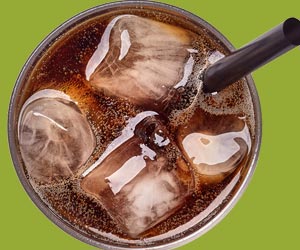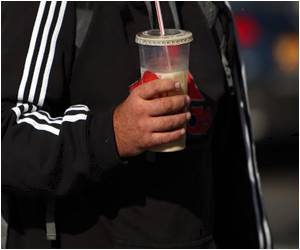Taxes imposed on sugar-sweetened beverages will increase the inequity and stigma among low-income groups and aboriginal peoples.

The authors look at the issues around taxation of sugar-sweetened beverages through a social justice lens. "Many public health policies can have unintended consequences for some groups and it is important to consider this when implementing new policies," they write.
People of low socioeconomic status and Aboriginal populations in Canada consume more sugar-sweetened beverages than the general population and have higher rates of obesity and diabetes.
"For taxation of sugar-sweetened beverages to be effective as a measure of population health, it must affect consumption in these populations."
The authors suggest that taxing only certain sugar-sweetened beverages, namely soft drinks, may heighten stigma around obesity and further isolate marginalized people. Sweetened coffee drinks, which are mainly consumed in areas where people of higher socioeconomic status live or work, are not being recommended for taxation, despite their increasing consumption.
"A sweetened beverage tax aimed only at regular soft drinks may carry classist and racist overtones that could exacerbate stigma directed at already-marginalized groups," write the authors. "In other words, economically advantaged people may continue to drink their frappuccino, untaxed, while less wealthy people are taxed for their cola, despite similar added sugar content."
Advertisement
The authors urge involvement of Aboriginal peoples in developing taxation policies around sugar-sweetened beverages.
Advertisement










